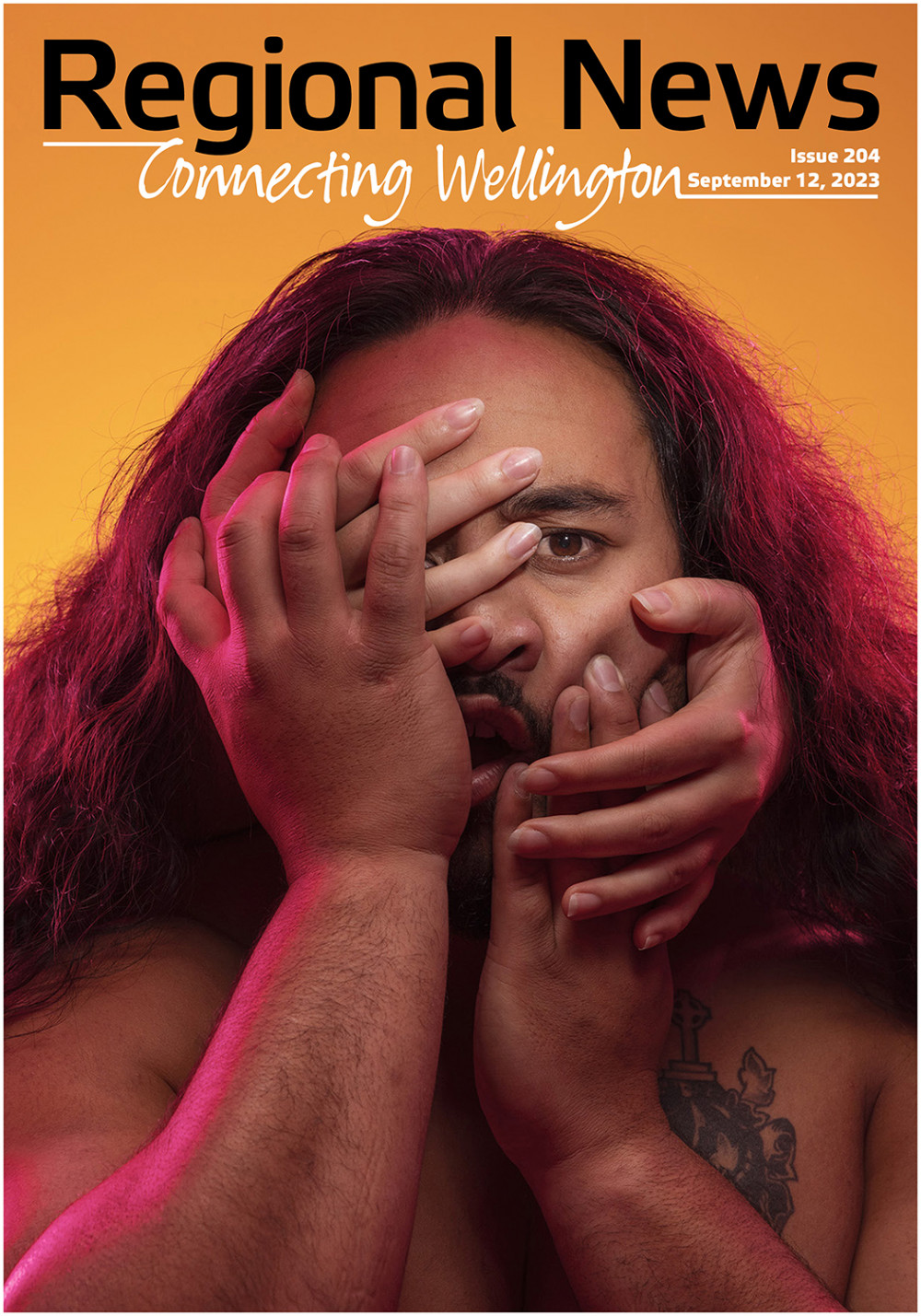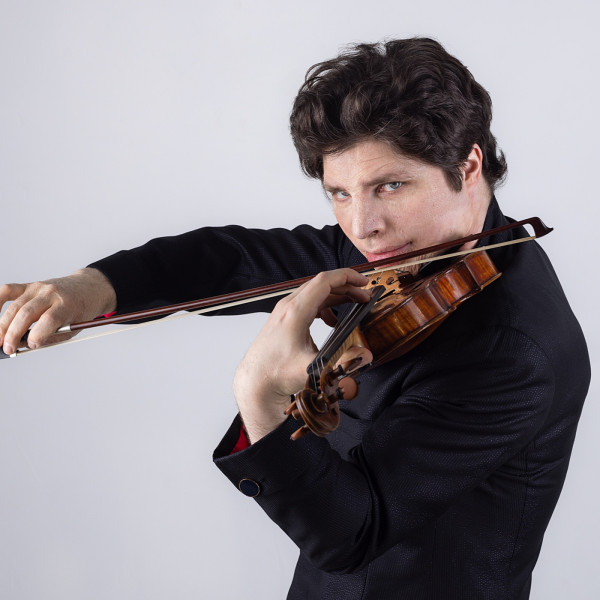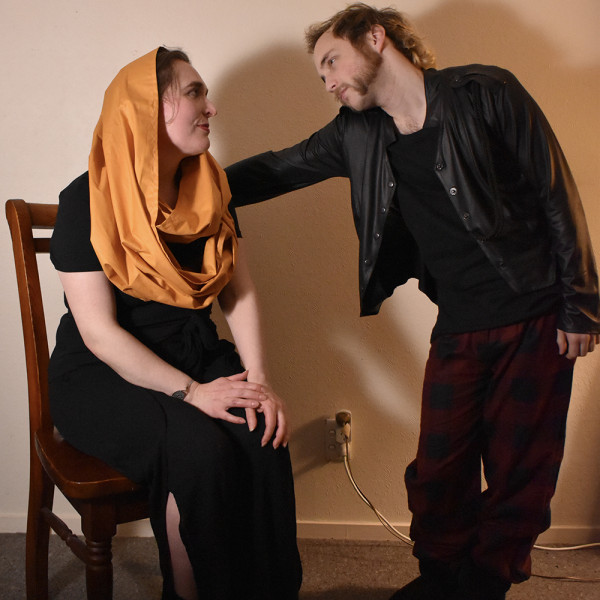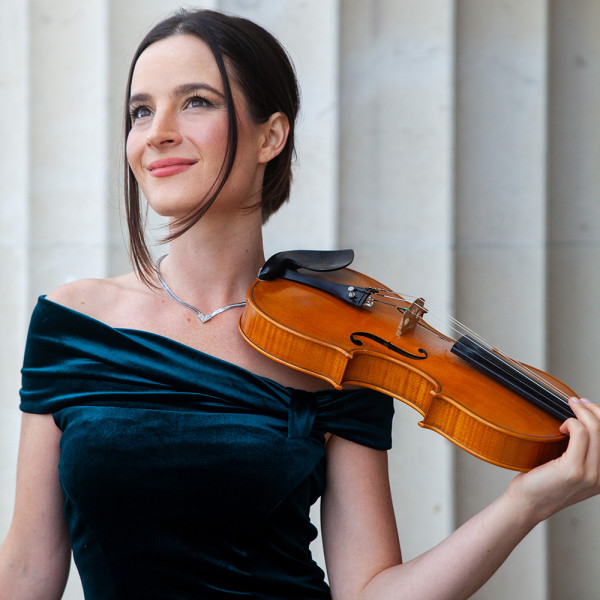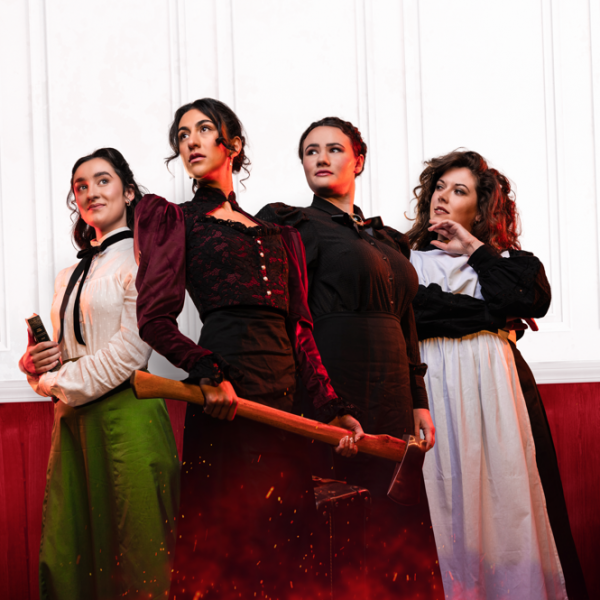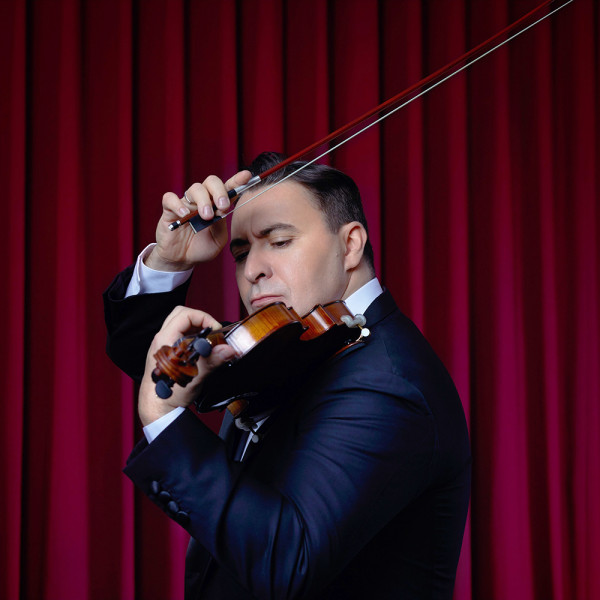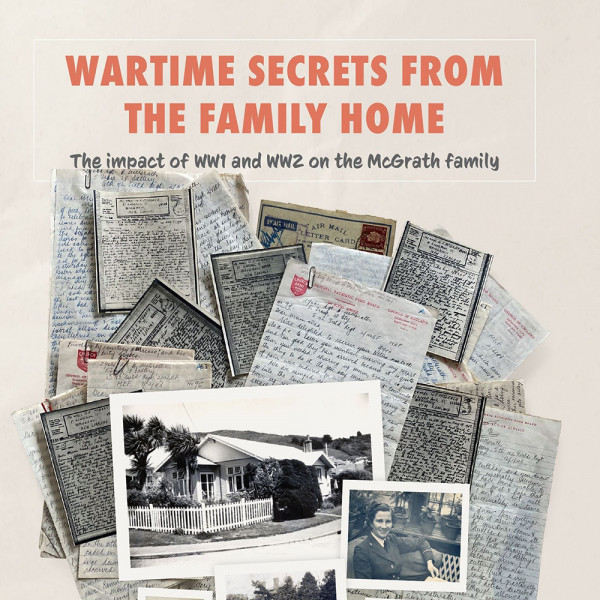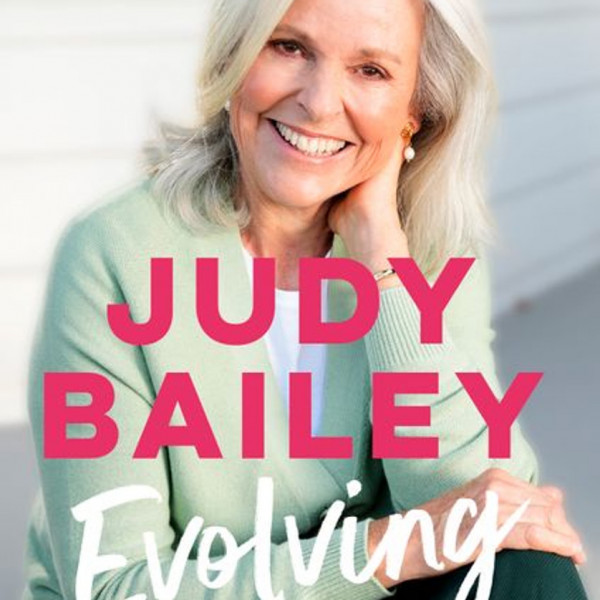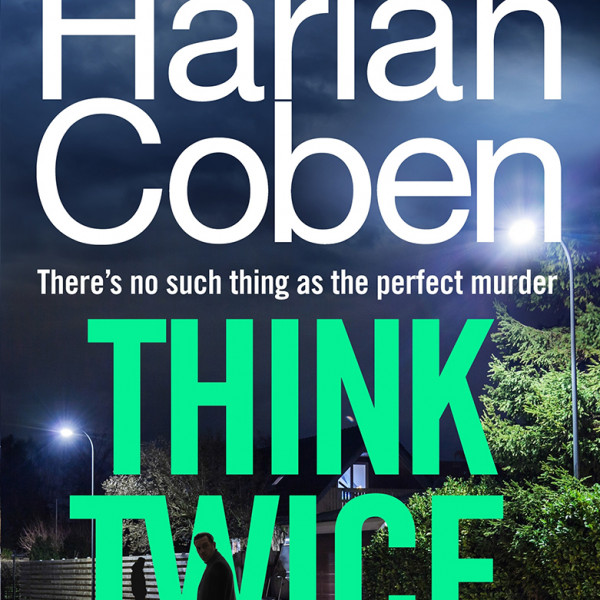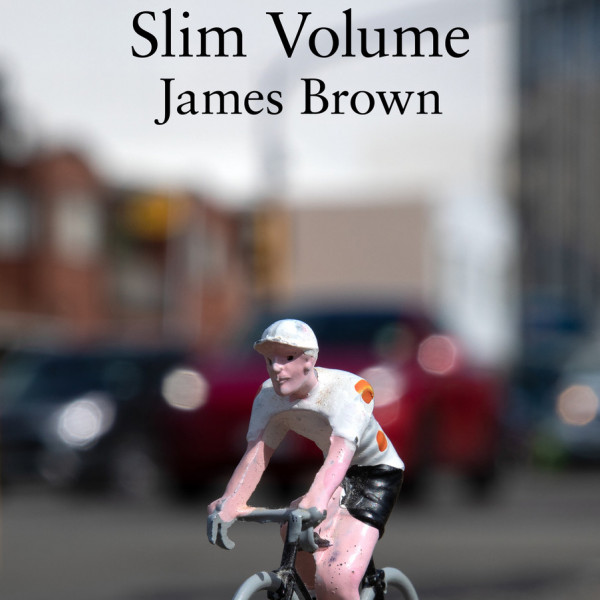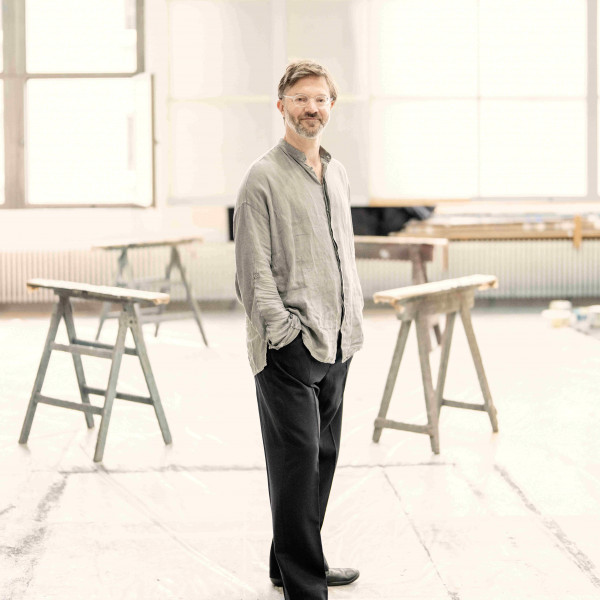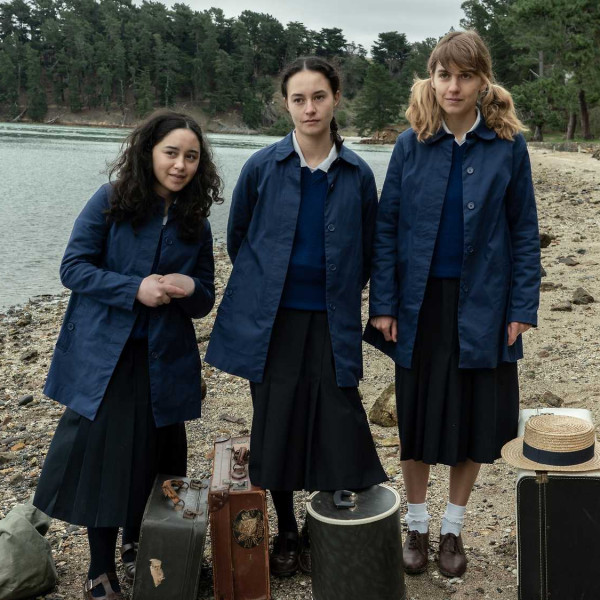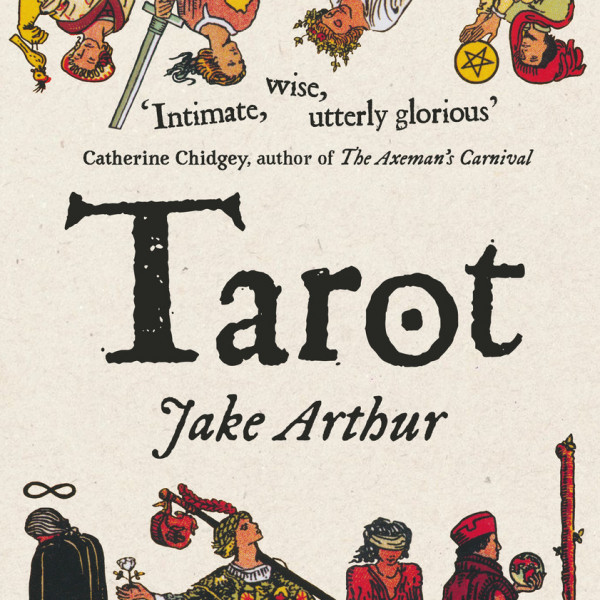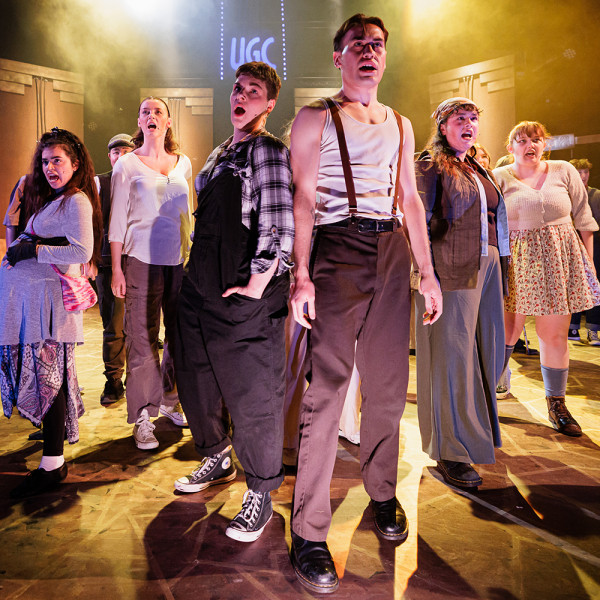
Urinetown: The Musical
Directed by: Leigh Evans
Te Auaha, 25th Aug 2024
Reviewed by: Madelaine Empson
In a dirty, drought-ridden city where water is a precious commodity, citizens must pay for the privilege of… peeing. Under the all-seeing eye of mega corporation UGC (Urine Good Company), helmed by Caldwell B Cladwell (the brilliant Monēt Faifai-Collins), public urination is outlawed and anyone who breaks the rules is picked up by the police and hauled off to Urinetown, never to be seen again.
As born-leader Bobby Strong (a feverish and fiery Mackenzie Htay) tires of the status quo, the spirit of resistance and rebellion grows – despite the best efforts of toll collector Penelope Pennywise (the vocally gifted Corrie Milne). But any potential uprising against UGC and Cladwell’s cronies – Mr McQueen (Josh Franken, a hilarious highlight), Senator Fipp (a suitably snivelly Christopher Horne), and more – is complicated by Bobby’s blossoming relationship with the doe-eyed Hope Cladwell (an enchanting Maddi Barnes). And Hope is not a favourite amongst the rebels, especially not Hot Blades Harry (a terrifying, riveting Logan Tahiwi) and Little Becky Two Shoes (the snarling Marilyn Mansilla)…
With book and lyrics by Greg Kotis and music and lyrics by Mark Hollmann, Urinetown: The Musical is a delightfully ridiculous, meta musical that regularly breaks the fourth wall – courtesy of narrator Officer Lockstock (Maya Gatling, who crushes a massive role with comedy and panache) and his sidekick Little Sally (Emily Holden, who rightly scores some big laughs) – to poke fun of not only itself, but musicals at large. Underneath the satire and black comedy, it explores poignant themes of poverty, politics, and corruption. Presented by students of the Whitireia and WelTec New Zealand Diploma in Performing Arts – Musical Theatre programme, this production of Urinetown: The Musical combines all moving parts into a visual and aural stage spectacular that you simply must see.
Michael Trigg (lighting) and Scott Maxim (set) have melded minds and magic to create the vibrant backdrop upon which the pitch-perfect cast and ensemble (music director Kate Marshall-Crowe) nail every beat, every flourish of director Leigh Evans’ superb choreography. Talent streams all over the stage and all I have left to say is: golden.



